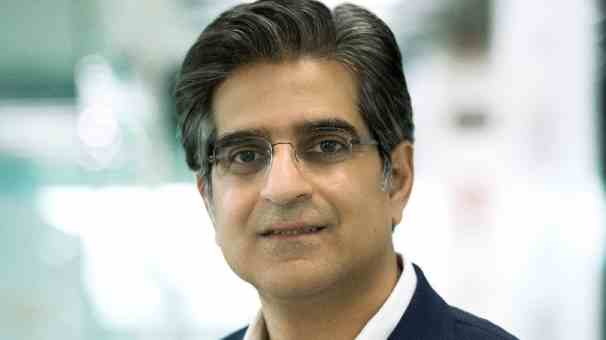Islamabad, June 5, 2025 – Aamir Ibrahim, CEO of Jazz and Chairman of the Telecom Operators Association of Pakistan, has urged the government to ease the tax burden on the telecom sector in the upcoming fiscal year 2025–26 budget.
He emphasized that digital connectivity is no longer a luxury but a vital public utility—akin to electricity, water, and roads.
Speaking on behalf of the Telecom Operators Association, Ibrahim highlighted how the current tax regime, marked by a complex web of indirect and advance taxes, is hampering telecom growth, discouraging investment, and slowing down innovation in the sector. Jazz, as the country’s largest telecom operator, stands at the forefront of efforts to bring these challenges to the government’s attention.
“The telecom industry is being unfairly burdened under a tax-heavy structure,” said Ibrahim. “Our proposals aim to create a fair and forward-looking fiscal environment that empowers the telecom sector to contribute more effectively to Pakistan’s digital future.”
The Telecom Operators Association, backed strongly by Jazz, has submitted detailed proposals to the Ministry of Finance. Key recommendations include exempting telecom operators from withholding tax deductions by amending the Second Schedule of the Income Tax Ordinance, 2001. The sector also seeks to make the 4% withholding tax under Section 153 adjustable, abolish the 10% advance income tax on spectrum fees, and restore the five-year period for carrying forward minimum tax credits under Section 113.
Further demands include reversing recent changes that allow tax authorities to reject advance tax estimates, and eliminating the 30% upfront tax deposit required for legal stays under Section 133(10). The industry also wants to align customs valuations for telecom equipment with international standards and reduce duties on raw materials for optical fiber cable manufacturing.
Ibrahim stressed that the telecom sector is vital to achieving national goals like financial inclusion, e-commerce, telemedicine, and digital education. Yet, nearly 35% of every mobile recharge is lost to taxes and duties, disproportionately affecting low-income users and hindering digital adoption.
Jazz also emphasized the urgent need to bring Pakistan’s large informal economy—estimated at $100 to $140 billion—into the tax net. “Only a small fraction of this undocumented economy needs to be formalized to significantly expand the tax base,” said Ibrahim, adding that countries embracing telecom-led digitization have seen stronger revenue growth and better governance.
In conclusion, he warned that treating telecom merely as a revenue source risks stalling the country’s digital progress and compromising its long-term socioeconomic development.
